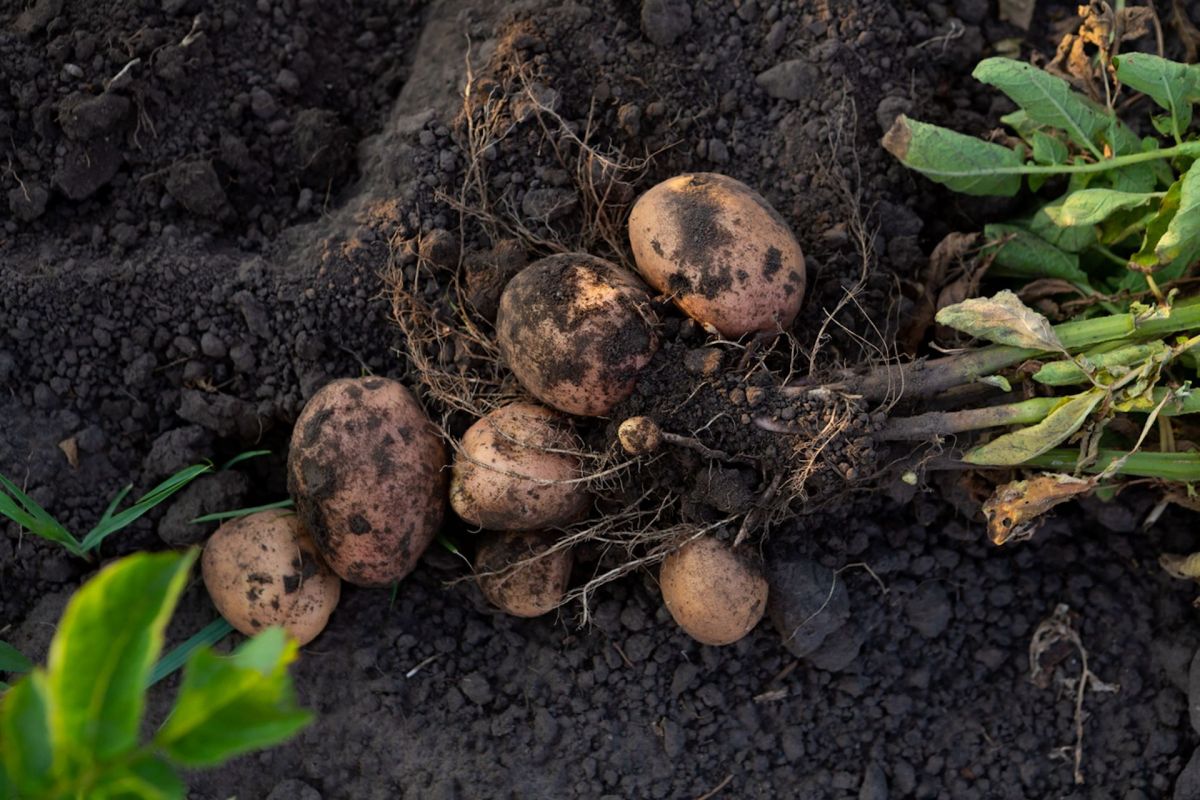In what's shaping up to be a dire situation for Ireland, the Irish Farmers' Association (IFA) has declared this year's potato harvest "the worst in recent memory." Sean Ryan, chair of the National Potato Committee, paints a grim picture of the season turning into a "salvage operation" due to unrelenting rainfall.
The impact of adverse weather conditions has been severe. Around 60% of the potato crop has yet to be harvested. The remaining crops, now exposed due to eroded clay, face the imminent threat of frost damage, which could lead to further losses.
Potato season in Ireland was already delayed by six weeks due to late planting caused by unfavorable weather conditions in spring. The recent rainfall has only compounded these delays, leaving many fields too wet for harvesting. The consequences of these ongoing challenges are immediate crop losses and long-term financial repercussions for farmers.
"With more heavy rain forecast on already saturated ground, it looks like there will be no let up for growers in the near future," said Sean Ryan, chair of the National Potato Committee.
This "potato panic" is not an isolated incident but part of a larger pattern affecting key crops globally. The hazelnut industry in Turkey, crucial for many confectionery products, is experiencing similar shortages.
Extended periods of scorching temperatures have also led to a spike in olive oil prices. The tomato sauce supply, a staple for pizza and pasta, is also under strain due to hotter, drier climate conditions. Even the beer industry isn't immune, grappling with hops shortages due to drought conditions.
To address the agricultural challenges, experts suggest investing in more resilient crop varieties and adopting innovative farming methods like precision agriculture to use resources efficiently and reduce waste. Crucially, government and international policies should support sustainable agriculture and provide financial aid to farmers affected by climate variability.
Across the globe, food systems are facing an unprecedented test of resilience. As global heating continues to manifest in unpredictable and extreme weather patterns, its effects on agriculture become increasingly evident. The need for innovative and sustainable agricultural practices becomes more pressing by the day.
Join our free newsletter for easy tips to save more, waste less, and help yourself while helping the planet.








